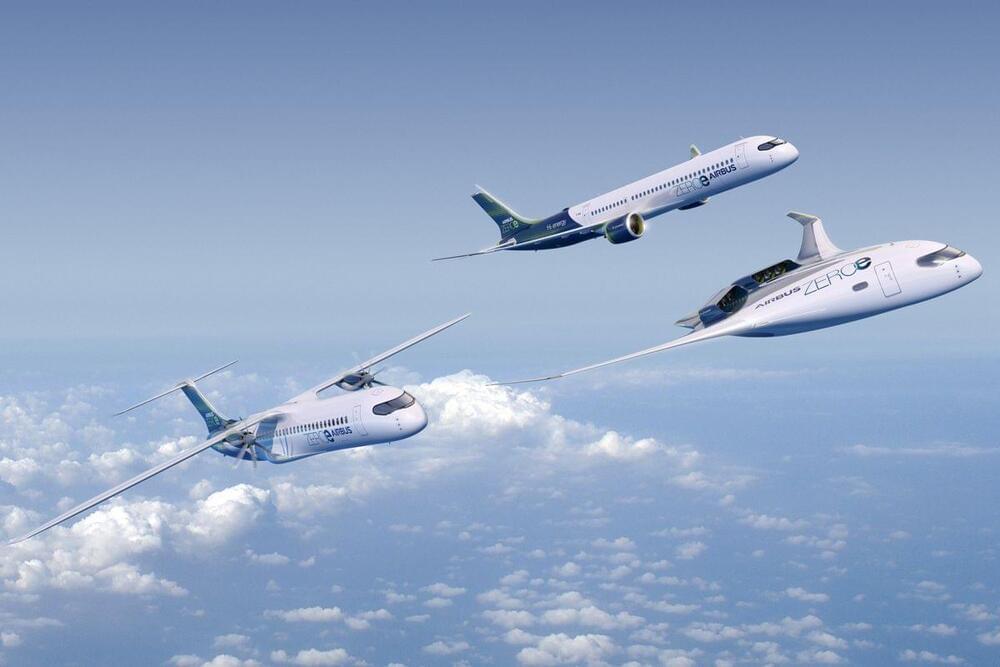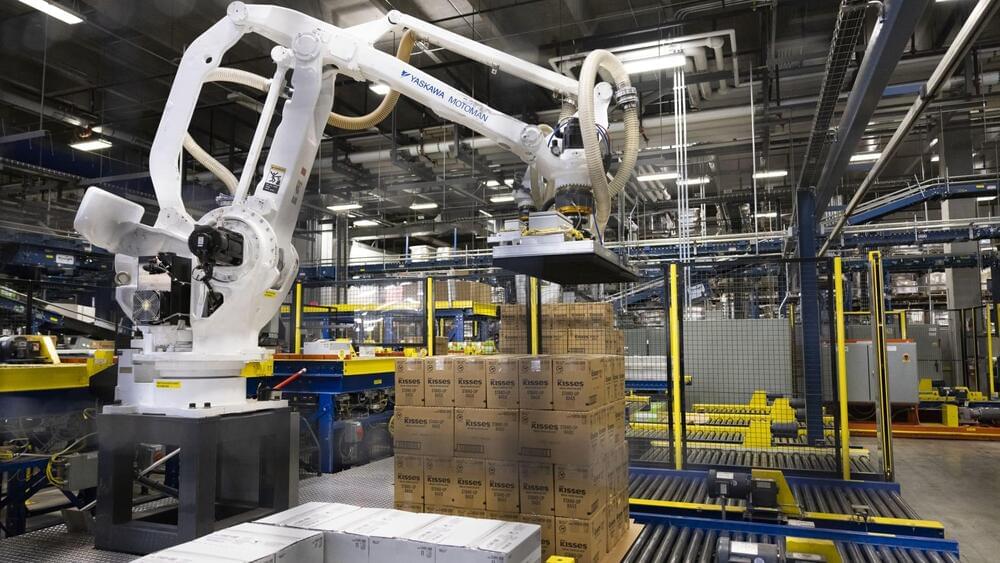
Self-driving efforts today focus on particular niches, such as the urban robotaxi, delivery, trucking or freeeway driving. Other than Tesla, most major players don’t have a focus on the general personal robocar — a car which consumers will buy, which will drive them door to door on city streets and most other roads. Tesla is very far behind other teams, and barely counts in the minds of many in the industry, thought it gets the most press. A few startups pursue the full robocar dream, but thinking has changed.
In spite of that perceived dream, that is not what the industry is building, or what it is going to release for some time. It may be some time before you can buy a car for yourself with this ability, not just because it’s hard, but because it’s not where the money is. This has led some people to think that robocars are still very far away, and also to a common perception that the technology is many years behind what people expected. Indeed, some people expected, or at least hoped for, faster timelines, but others did not.
The public has a different perception, in part because of Tesla, but also because of a document written over a decade ago by NHTSA (the federal road safety agency) and now manged by the Society of Automotive Engineers known as “the levels.” This document filled the need for a taxonomy of self-driving, but it was written by non-developers when the technology was immature. As such it’s largely useless and even counterproductive, but people are so hungry for a taxonomy that it still is often referred to. The leading teams (mostly tech companies not auto OEMs) do not use these level or attempt to adhere to them. They are mostly a way to talk about the dwindling role of the human in the operation of a self-driving car, a bit like a document about the role of the horse in the horseless carriage.

















